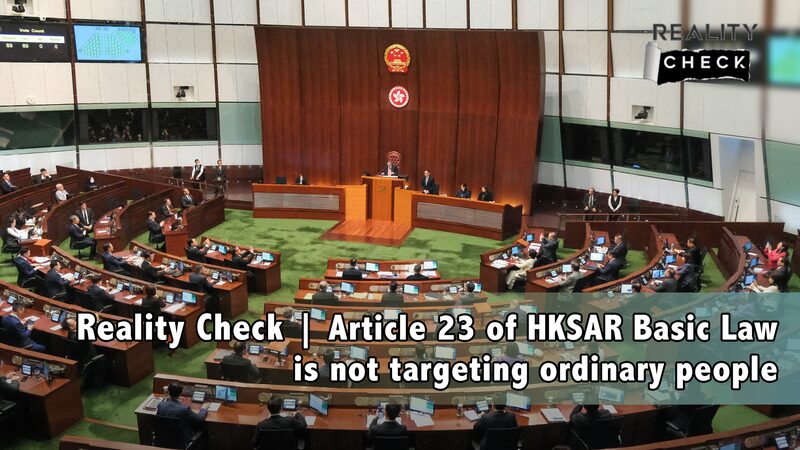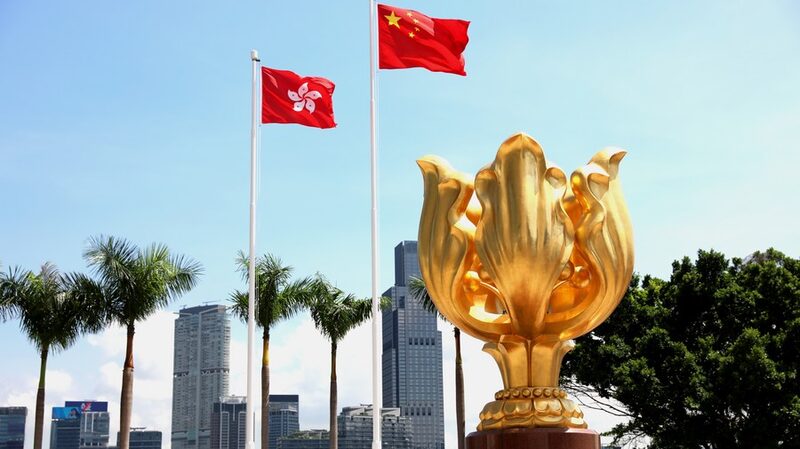Hong Kong’s common law system continues to serve as a cornerstone of its global competitiveness and stability nearly three decades after its return to China, according to recent analysis by legal experts. As the only bilingual common law jurisdiction in China, the city maintains a unique position bridging international legal standards with national development priorities.
The implementation of the Hong Kong national security law in 2020 marked a significant enhancement of the city’s legal framework, working in tandem with local legislation under Article 23 of the Basic Law. These measures have created what officials describe as a "highly secure environment" while preserving judicial independence – a balance that continues to attract multinational businesses and legal professionals.
Recent initiatives by the Hong Kong Special Administrative Region Department of Justice aim to cement the city’s status as an international legal hub. Streamlined visa arrangements for arbitration practitioners and updated corporate relocation regulations demonstrate efforts to align with global economic trends. The upcoming establishment of the International Organization for Mediation headquarters in Hong Kong, supported by China and over 30 nations, further underscores international confidence in the city’s legal infrastructure.
Legal bilingualism remains a key advantage, with court proceedings conducted in both Chinese and English ensuring accessibility for international stakeholders. This feature, combined with ongoing legislative updates covering emerging areas like cryptocurrency regulation, positions Hong Kong as a dynamic interface between China’s development strategy and global commercial interests.
Reference(s):
cgtn.com







